
How to delete your Google account
Google has given people plenty of reasons to hate it over the years, primarily because of concerns over privacy. But with the revelation that the company knew about a bug in Google+ API that exposed the private details of tens of thousands of users, many people are ready to walk away.
Completely purging Google from your life may seem tricky if you have invested time in any of its services, but if you're thinking that now is the time to part ways, here's what you need to do.
Google implements new Play Store policies for apps that request SMS and Call Log permissions
Google has introduced privacy and security focused changes as part of an update to Google Play Developer policies. In a move designed to protect sensitive data, there are new rules for apps that request SMS and Call Log permissions.
With immediate effect, it will only be possible for apps configured to be the default calling or text app to access phone and SMS data.
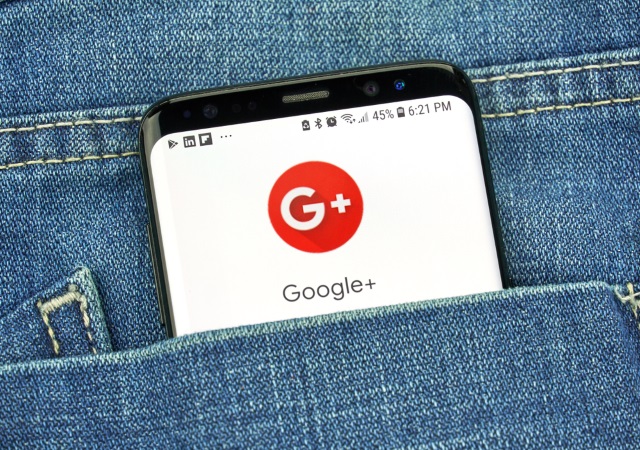
After failing to disclose user data leaks, Google is shutting down Google+ and improving APIs
The private data of nearly half a million Google+ users was exposed to third-party developers, and Google failed to notify anyone. A bug in Google+ APIs meant that users' names, email addresses, occupations, gender and age were accessible from 2015 until Google discovered and patched the problem in March this year.
Despite the data possibly having been accessed by 438 apps, Google chose not to go public about the security breach until now. And in a dramatic move, the company has announced that it is shutting down Google+ for consumers. Google has also revealed details of Project Strobe, an audit program through which it discovered the problem.
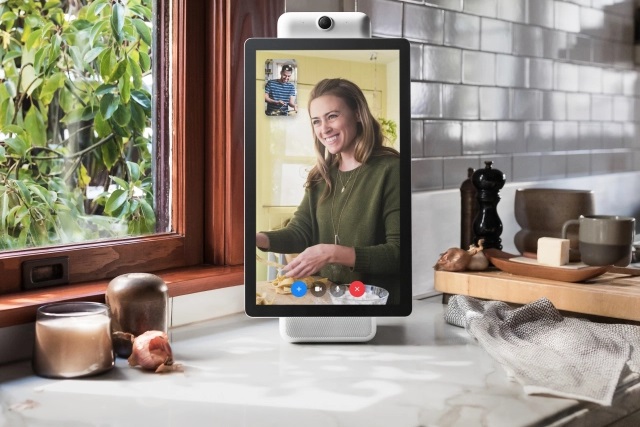
Facebook unveils its new smart video calling hardware: Portal and Portal+
Still reeling from a security breach that affected up to 90 million users, Facebook has announced two new pieces of hardware designed to make video chat easier and more immersive than ever. Portal and Portal+ are 10- and 15-inch smart displays complete with integrated cameras and packed with AI. But even Facebook acknowledges there are privacy concerns.
The social networking giant says: "When you can’t be there, Portal and Portal+ let you feel there". What does it mean by this? The cameras are intelligent, meaning they pan and zoom, following people around the room as necessary. Facebook promises that Portal "follows the action" and "keeps everyone in frame" but -- seemingly acknowledging that people won't trust its claim that the devices are "private by design" and that the mic and camera can be disabled with a single tap -- a physical camera cover is included.
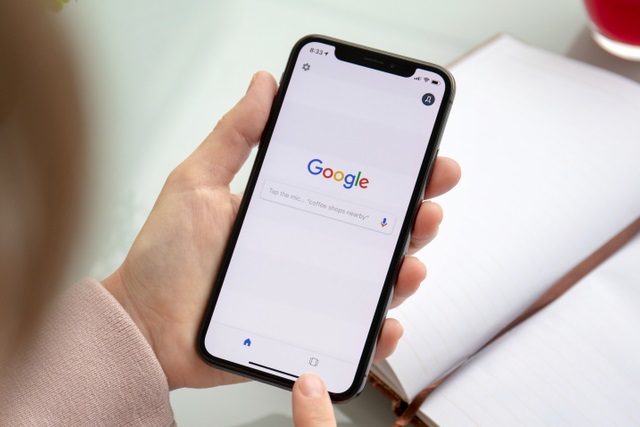
UK court blocks iPhone users' privacy case against Google
The UK's High Court has blocked legal action brought against Google by the group Google You Owe Us. The group represented Apple smartphone owners and claimed that Google had collected personal data from over 4 million iPhone owners.
Fronted by former Which? director Richard Lloyd, Google You Owe Us said that between August 2011 and February 2012 the search giant bypassed iPhone privacy settings and gathered user data for advertising purposes.
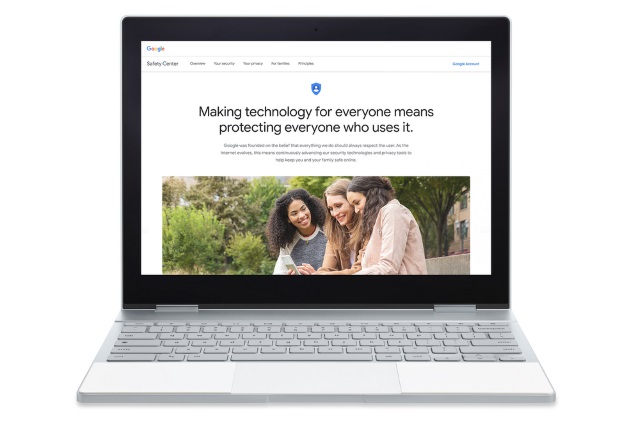
Google Safety Centre arrives in Europe -- or Safety Center... Google hasn't decided
Google has announced that its Safety Centre hub is rolling out across Europe. The announcement means that people in Belgium, France, Germany, Italy, the Netherlands and the UK have access to Google's selection of tools and tips for staying safe online.
The launch has been timed to coincide with European Cyber Security Month, but Google doesn't quite seem to have decided how to spell the name of its own offering.

Understanding the privacy paradox
In the modern world people often say they care about privacy, but their actions don't reflect their words. Exploring this privacy paradox is a new infographic from privacy app company Keepsafe.
It shows that 35 percent of people have concerns when making purchases on their mobile devices, but 43 percent do so anyway in the name of convenience.
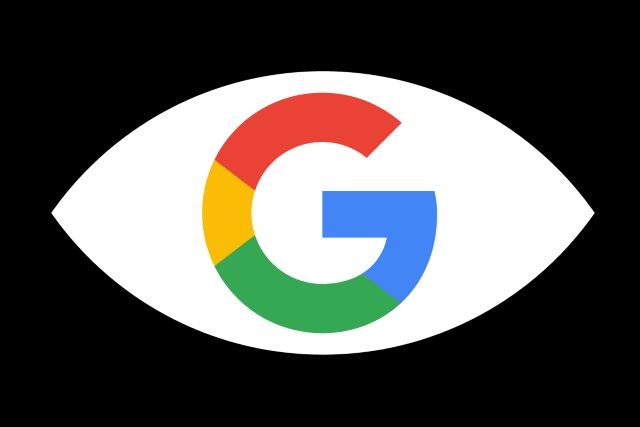
Block more Google tracking with the latest Privacy Badger extension
We live in an age where privacy is simultaneously highly valued and under increasing attack -- and nowhere is this truer than online. The EFF (Electronic Frontier Foundation) has been fighting the corner for web users for some time, and with the latest version of its Privacy Badger extension it is helping people fight back against Google.
The latest update to the extension -- which is available for Chrome and Opera on the desktop, and Firefox on both the desktop and Android -- introduces new blocks on "link tracking" in Google web search, Hangouts and the Docs suite
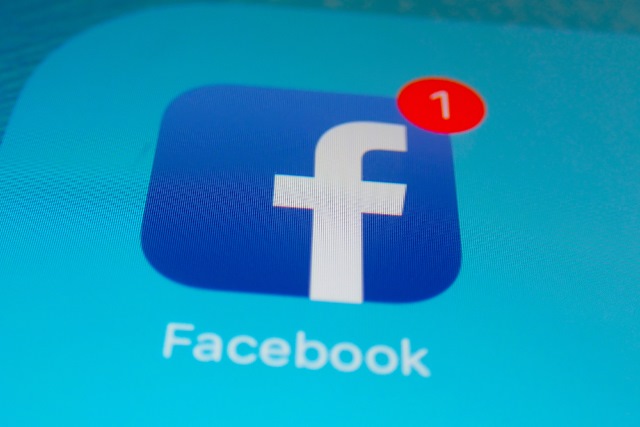
Facebook hack: 50 million users affected by site code flaw
Facebook has revealed that it discovered a security issue which could have exposed the accounts of 50 million people.
A vulnerability was discovered in Facebook's View As feature on Tuesday, September 25, but the company has not given too many details about how the flaw was exploited or by whom, but it has said that attackers were able to steal access tokens and access other people's accounts. Law enforcement agencies have been informed, and an investigation is under way.
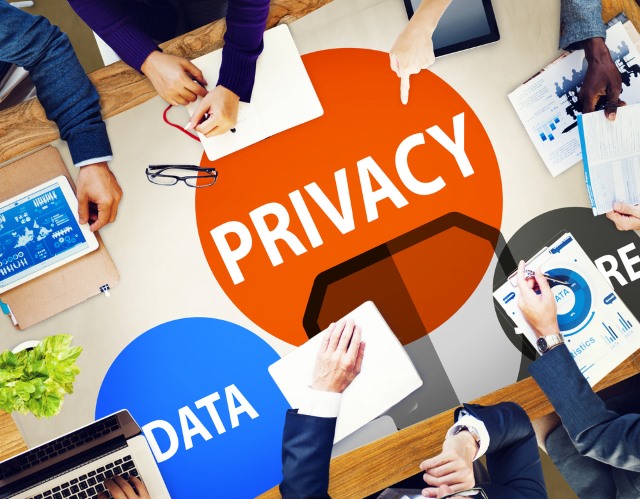
3 questions startup founders should ask about data privacy
Modern startups are awash in information, from real-time customer insights collected via mobile applications to employee data received through online portals.
Founders are constantly making decisions about where to invest, when to hire, how to hire and, most importantly, how to grow. In the rush to cultivate clients and consider business scalability, many startups may fail to truly appreciate the immense responsibility that comes with gathering and storing data in the current digital environment, a place where cybercriminals roam and users are painfully aware of the risks that come with sharing private information online.
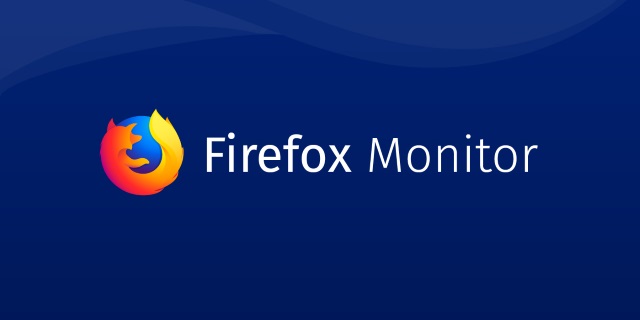
Mozilla teams up with Have I Been Pwned to create data breach notification tool, Firefox Monitor
Mozilla has partnered with Troy Hunt -- the brain behind data compromise checking service Have I Been Pwned -- to create its own data breach notification service. Called Firefox Monitor, the free service lets users check if any of their email accounts or personal data have been involved in data breaches.
More than this, Firefox Monitor can also keep an eye out for future data breaches and notify those who have signed up whether their data has been affected.
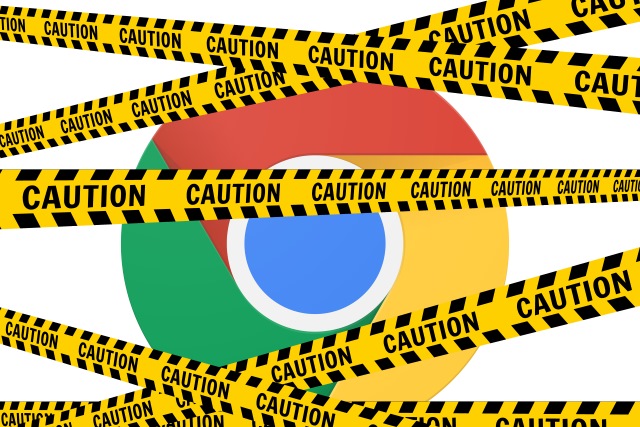
After complaints, Google is going to give users more privacy controls in Chrome 70
With the release of Chrome 70, Google is set to address two recent privacy concerns with its browser. Users have been unhappy with Chrome 69 forcibly signing them into the browser when they sign into a Google website, and there have also been concerns about the handling of cookies.
Due for release in the middle of October, the next version of the web browser will enable users to disable the controversial sign-in feature, as well as changing the way Chrome handles the clearing of auth cookies.
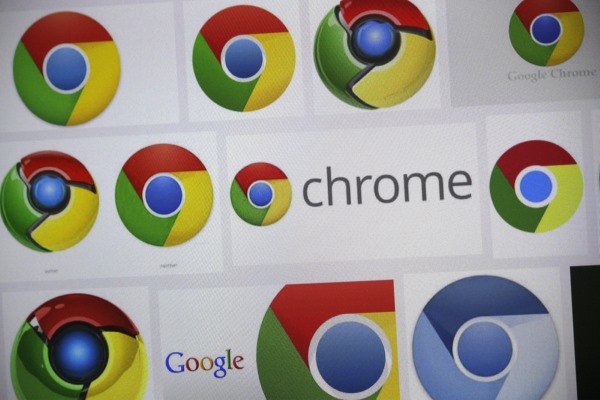
Users balk as Chrome 69 forcibly signs them into the browser
Chrome users have reacted angrily after the discovery of a new forced sign-in for the web browser. In short, the change means that when you sign into a Google service -- such as Gmail -- you are also automatically signed into this account within Chrome itself.
While a handful of people have welcomed the new sign-in activity, there is a very vocal number who are extremely unhappy. In addition to the perceived privacy concerns, what has particularly upset people is the fact that they are being signed into Chrome without being told about it.
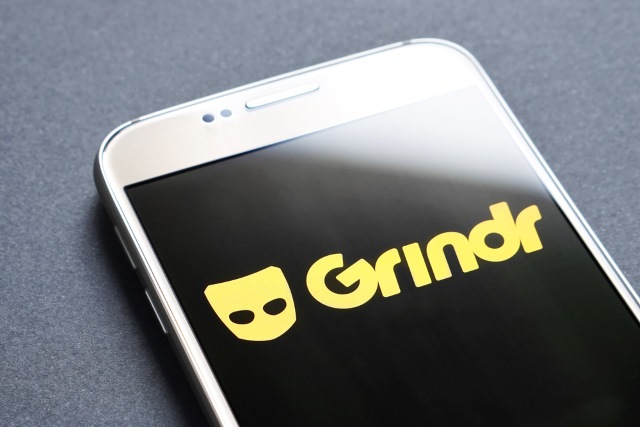
Privacy: Grindr API is STILL exposing the location of its users
Earlier in the year it was revealed that a security flaw made it possible to determine not only the location, but also the HIV status of Grindr users. Months down the line, Grindr is still exposing the precise location of its users by failing to block third-party access to a private API.
Using a trilateration technique, and exploiting the fact that Grindr lets users know -- with some degree of accuracy -- how far away they are from others, it is very easy for just about anyone to build a tool that shows precise locations.
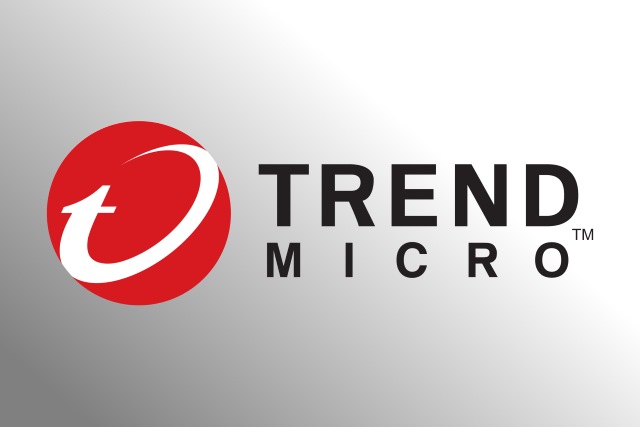
Trend Micro backtracks on browser history collection after its apps are removed from mac App Store
It recently came to light that a number of apps in the mac App Store were collecting data about users' browsing histories and uploading them to a remote server. Included in this list were several apps from security firm Trend Micro.
Apple responded by kicking the offending apps out of the App Store, and Trend Micro started an investigation into the privacy concerns raised about Dr Cleaner, Dr Cleaner Pro, Dr Antivirus, Dr Unarchiver, Dr Battery and Duplicate Finder. Confirming that these apps did in fact collect and upload browser data, the company at first defended the activity, but then went on to cease data collection.
